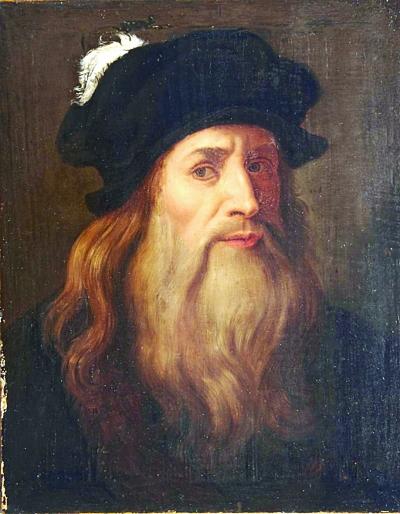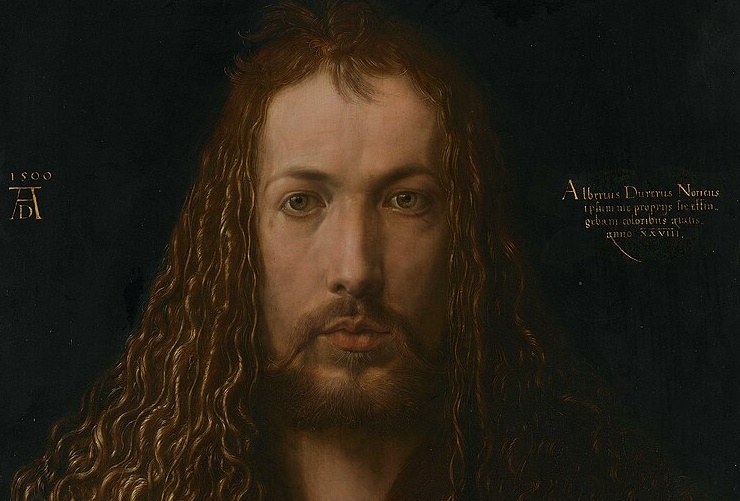The Renaissance marks a crucial period in European history, signifying the transition from the medieval era to modern civilization. This era was not only characterized by significant transformations in art and culture but also brought profound impacts on science, philosophy, and various social fields. The term "Renaissance" means "rebirth," representing a passionate rediscovery and pursuit of classical culture.
Before the Renaissance in the West, artists were unaware of the distinctiveness of their works. However, during the Renaissance, artists began to recognize the uniqueness of their creations. During this period, Italian scholars vigorously promoted the idea that the Renaissance was a revival of classical culture, a reawakening from the collapse of the Roman Empire to the dark medieval times. As Petrarch, an early 14th-century poet, stated, "Once the darkness breaks, future generations will strive to return to the clarity of ancient times."
A century later, the architect Leon Battista Alberti noted that among his contemporaries in Florence, some artists were no less skilled than any of the ancients. He mentioned renowned artists such as Brunelleschi, Donatello, Ghiberti, Luca della Robbia, and Masaccio. Another humanist, Lorenzo Valla, proudly remarked, "It's unknown why art had once declined and even vanished, but now it has revived, and many outstanding artists and writers have emerged." This perspective represents how Renaissance individuals viewed themselves.
In fact, classical traditions had not disappeared during the Middle Ages. People continued to read Greek and Latin literature; artists did not overlook the beauty of classical art or the charm of classical legends and history. However, Renaissance humanists differed from medieval theologians. Although theologians studied Aristotle, Cicero, and Neoplatonism, humanists found in classical times the standards to judge culture and all human activities. They created or recreated a value system, which was different from the medieval ideals based on chivalry and nobility. In this new system, personal talent and intellectual ability were valued, and family background became less significant. Humanism flourished in the Italian city-states, which traced their history back to ancient Rome and reflected new ideals in their current republican (non-clerical or noble) government forms: self-reliance and civic virtue, which were civic and secular rather than knightly or contemplative.

The Renaissance was more than a revival of art and culture; it was a critical period for advancements in science, philosophy, and social development. Renaissance artists and scholars drew inspiration from ancient classics and made innovations and breakthroughs in their respective fields. For instance, Leonardo da Vinci was not only an outstanding painter but also made significant contributions to anatomy, engineering, and astronomy. Michelangelo's sculptures and architectural works demonstrated his profound understanding of human anatomy and structure, reflecting the Renaissance period's focus on nature and reality.

Humanism played a significant role in the intellectual development of the 15th century, although its relationship with visual arts was complex and sometimes ambiguous. While initially not anti-clerical or anti-Christian, humanists focused on contemporary issues rather than the afterlife. However, visual arts in both Italy and Northern Europe during the 15th century remained predominantly religious. This century was a golden age for painting in Flanders and Florence, and by the end of the century, Italian art gained international prestige, partly because of its close association with humanist thought. The Northern Renaissance flourished in Germany, the Netherlands, and France, producing distinguished artists like Dürer, Bosch, and Bruegel, who, while inheriting the spirit of the Italian Renaissance, combined it with local traditions to create uniquely styled artworks.
Overall, the Renaissance was a vibrant and innovative era that not only marked the revival of classical culture but also ushered in a new golden age of art and intellect. The spirit of the Renaissance continues to influence our understanding and pursuit of art, culture, and human potential.